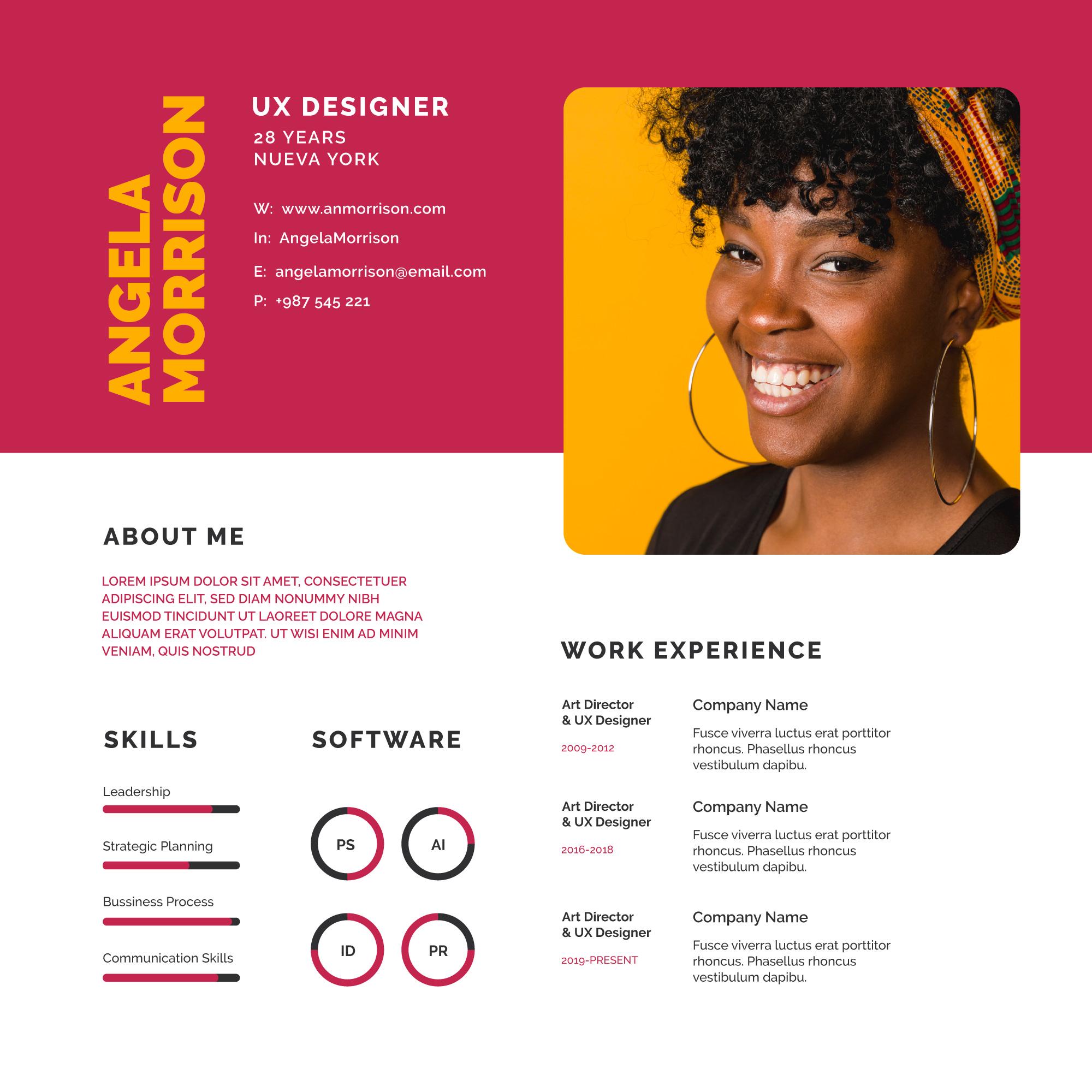How to Prepare for Job Interviews in Kenya: A Step-by-Step Guide
KenyaHowTo Team
April 20, 2025

Understand the Job Description
One of the most overlooked aspects of interview preparation in Kenya is fully understanding the job description. Job adverts usually contain keywords and responsibilities that employers want you to focus on. Read the job advert multiple times and take note of the key qualifications and duties listed. Make a checklist of the main responsibilities and compare them with your experience. Highlight the areas where you have the most strength, and be ready to talk about them confidently. This will help you tailor your answers during the interview and show that you are aligned with the company’s needs and expectations.
Research the Company
In Kenya, employers appreciate candidates who show genuine interest in their organization. Before your interview, spend time researching the company. Visit their official website, read their mission and vision statements, and get familiar with their services or products. Check recent news articles or press releases about the company. Understanding the company culture, values, and current projects will help you give relevant answers during the interview. It also shows initiative and a proactive attitude—two qualities Kenyan employers look for when evaluating potential hires. If you know someone working there, ask for insights into the company culture and structure.
Practice Common Interview Questions
Many job interviews in Kenya follow a standard format, with common questions that candidates should prepare for in advance. Questions such as “Tell me about yourself,” “What are your strengths and weaknesses?” and “Why do you want to work here?” are almost always asked. Write down answers to these questions and rehearse them until you feel confident. Practice out loud, preferably in front of a mirror or with a friend, to improve your speaking clarity and confidence. Be concise and focus on how your skills match the job. This practice will help reduce anxiety and make you appear more composed during the actual interview.
Know Your CV Inside Out
Your curriculum vitae (CV) is your marketing tool, and you should be familiar with every detail included in it. During the interview, Kenyan employers often refer to your CV and ask specific questions about your experience, qualifications, and achievements. Review your CV line by line and prepare to elaborate on your roles and accomplishments in previous jobs. Be ready to explain any gaps in your employment history, and if possible, relate every experience to the role you are applying for. Confidence in explaining your CV builds trust with the interview panel and demonstrates your honesty and integrity.
Dress Appropriately
First impressions are critical during job interviews in Kenya. Dressing appropriately shows respect and professionalism. For most corporate and formal jobs, a well-ironed suit and clean shoes are recommended for men, while women should wear formal business attire that is neat and modest. Avoid flashy accessories or heavy makeup. If you are applying for a creative role or startup company, smart-casual wear may be acceptable, but always lean on the side of professionalism. Personal grooming, such as a neat hairstyle and trimmed nails, should not be ignored. A well-dressed candidate is more likely to be taken seriously.
Plan Your Journey and Arrive Early
Punctuality is a vital trait that employers in Kenya value highly. Aim to arrive at the interview venue at least 15–20 minutes early. This allows you time to relax, find the office, and settle any last-minute nerves. Nairobi and other major cities can experience unexpected traffic, so factor in delays when planning your travel. If you are using public transport, know the exact route and alternative options. If the interview is virtual, log in to the platform 10 minutes early to check your internet connection, microphone, and webcam. Being punctual not only shows professionalism but also gives you a calm start.
Prepare Your Documents
Kenyan employers often request physical or digital copies of your credentials during the interview. Prepare a folder with multiple copies of your CV, academic certificates, professional certificates, ID copy, KRA PIN, and reference letters. Make sure these documents are clean, organized, and updated. If the interview is virtual, keep digital versions of these documents handy and be ready to email them immediately if requested. Label your documents properly and avoid sending large, uncompressed files. Well-organized documentation shows that you are detail-oriented and respectful of the recruitment process.
Demonstrate Industry Knowledge
It’s important to show that you understand the industry or field you’re applying for. Whether it's finance, hospitality, healthcare, or IT, being aware of the latest trends and challenges in your industry can make you stand out. Read industry publications, blogs, or even follow relevant social media pages before your interview. For instance, if you are applying for a job in the Kenyan agricultural sector, be prepared to discuss issues like climate change, market access, and sustainability. This shows that you’re proactive, well-informed, and ready to contribute meaningfully to your prospective employer’s success.
Work on Your Communication Skills
Good communication is essential during job interviews. Practice speaking clearly, making eye contact, and using polite language. Avoid slang or filler words like “uhm,” “like,” or “you know.” Answer questions calmly and stay focused on the topic. In Kenya, many interviews are panel-based, so practice addressing multiple people confidently. If you don’t understand a question, don’t panic—ask the interviewer to repeat or clarify. Practice active listening by nodding slightly and acknowledging when someone is speaking. Clear and confident communication leaves a lasting impression on the panel and improves your chances of success.
Prepare Questions for the Interviewer
At the end of most interviews, candidates are given a chance to ask questions. Prepare thoughtful and relevant questions to ask the interview panel. This could be about the team you will work with, opportunities for professional growth, or how performance is evaluated. Avoid questions that are too personal or focused only on salary and benefits. Asking questions shows that you are serious about the job and interested in how you can contribute to the organization. It also gives you a better understanding of the work environment and whether the role aligns with your career goals.
Mind Your Body Language
Body language plays a big role in how interviewers perceive you. Sit up straight, maintain good posture, and avoid fidgeting. A firm handshake, if offered, can convey confidence. Smile naturally and maintain eye contact to show interest and engagement. In virtual interviews, sit in a well-lit room, position your camera at eye level, and ensure your background is clean and professional. Non-verbal cues can speak louder than words, and mastering your body language can greatly enhance your overall presentation during the interview process.
Follow Up After the Interview
After the interview, it's courteous and professional to send a follow-up email. Thank the interviewers for their time and express your continued interest in the position. Mention one or two highlights from the interview that made you excited about the opportunity. This helps you stay top-of-mind and reinforces your enthusiasm for the role. In Kenya’s competitive job market, this small gesture can make a significant difference and sometimes tip the scales in your favor. Be polite and brief, and avoid pestering the HR team for updates too frequently.
Stay Positive and Learn from Experience
Not all interviews will lead to job offers, but each one is a learning opportunity. After every interview, reflect on what went well and what you could improve. Consider asking for feedback if you don’t get the job. Stay positive and continue to build your skills while looking for other opportunities. Kenya’s job market can be tough, but persistence and preparation eventually pay off. With every interview, you become more confident and better equipped to handle future ones. Keep updating your CV, expanding your network, and applying for roles that match your qualifications.
Job interviews in Kenya require more than just showing up and answering questions. They demand thorough preparation, confidence, professionalism, and a deep understanding of the employer's expectations. From researching the company and practicing common questions to dressing well and following up after the interview, every step matters. Whether you’re a fresh graduate or an experienced professional, mastering interview preparation can make the difference between landing your dream job and missing out. With the tips in this guide, you're well on your way to acing your next job interview in Kenya.




